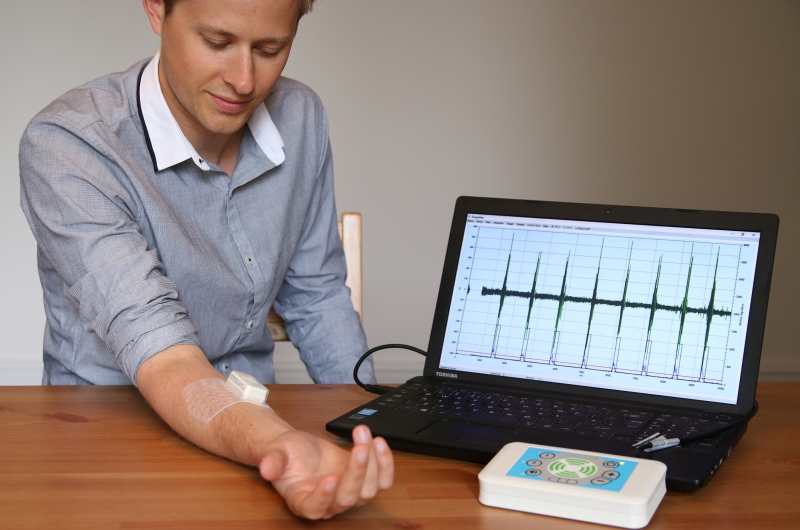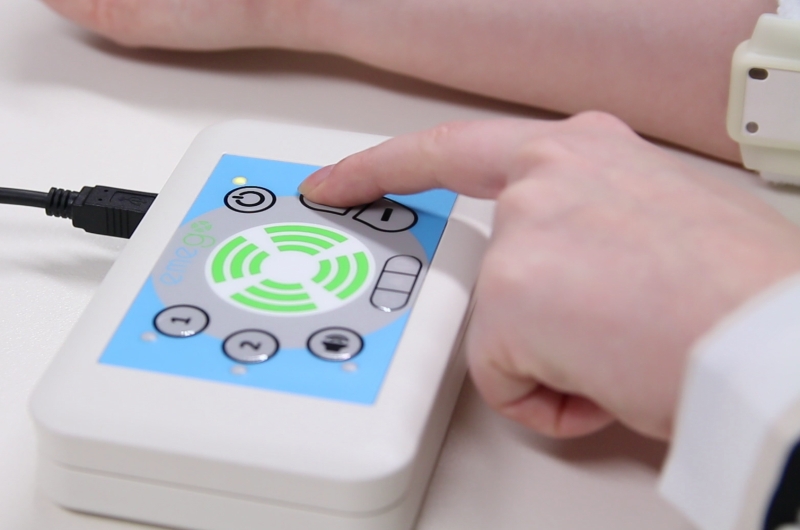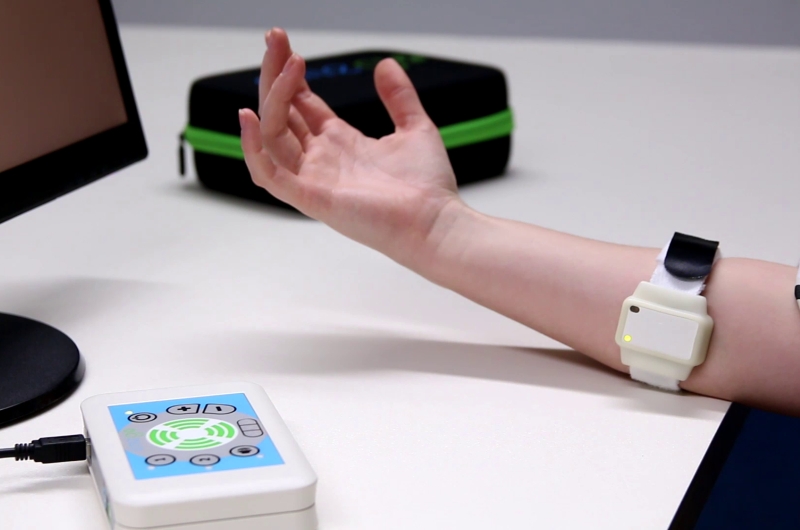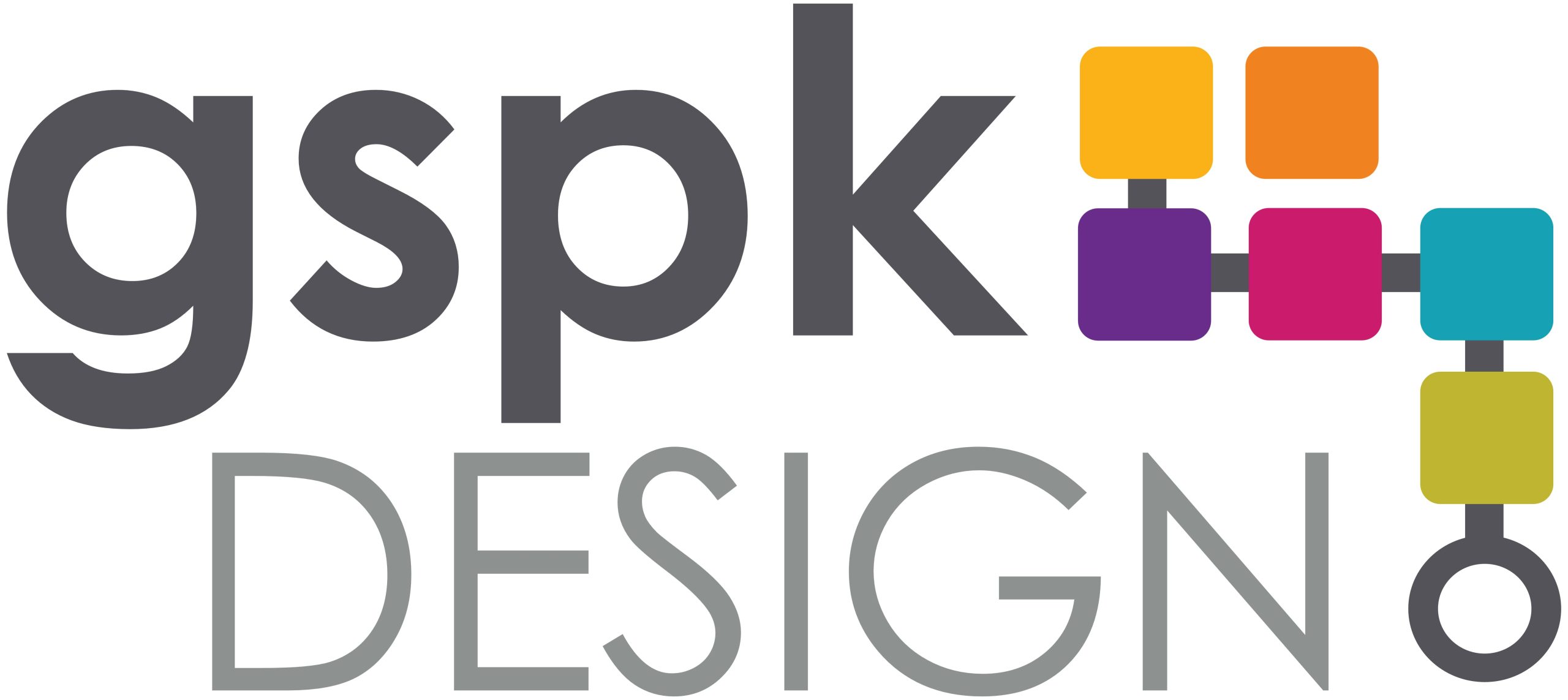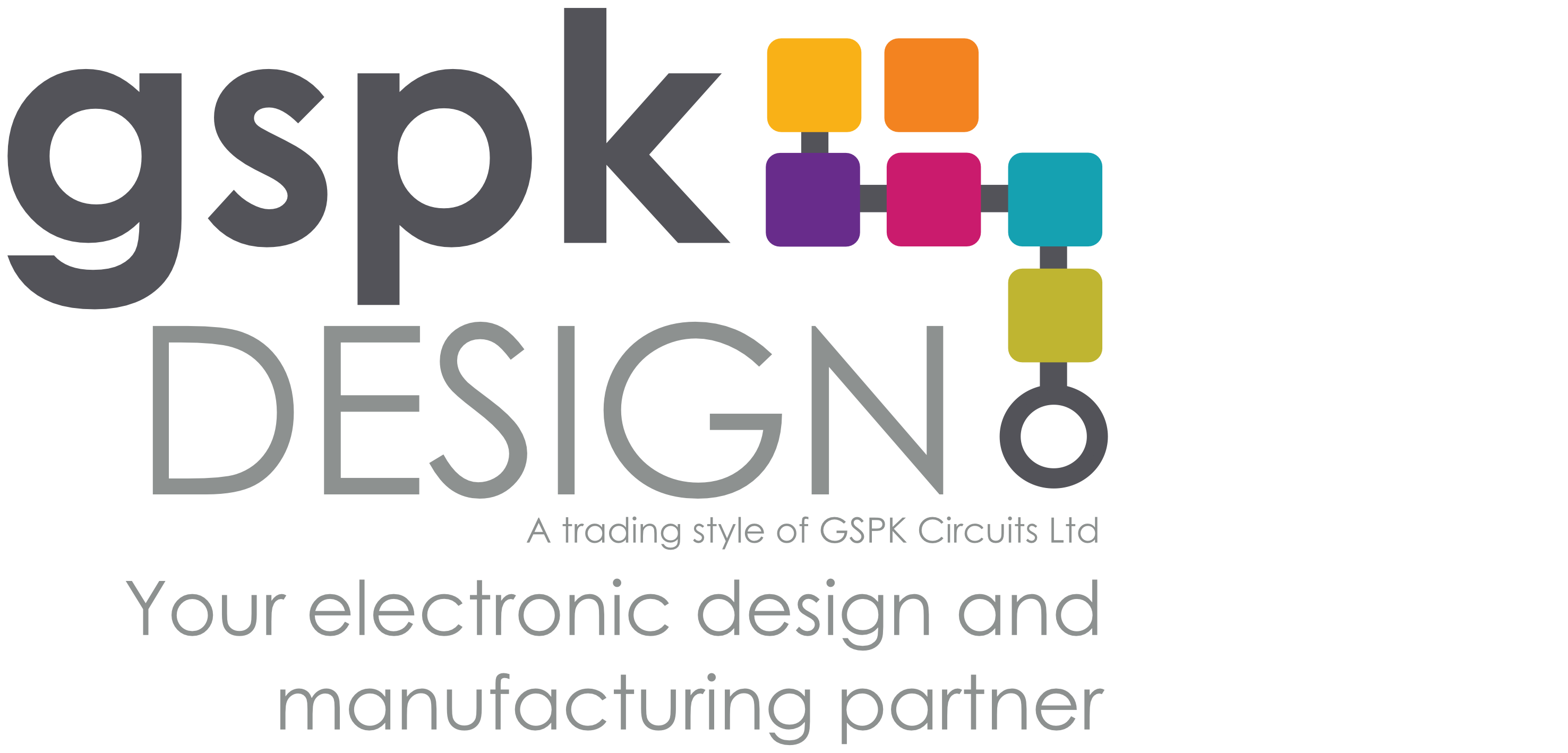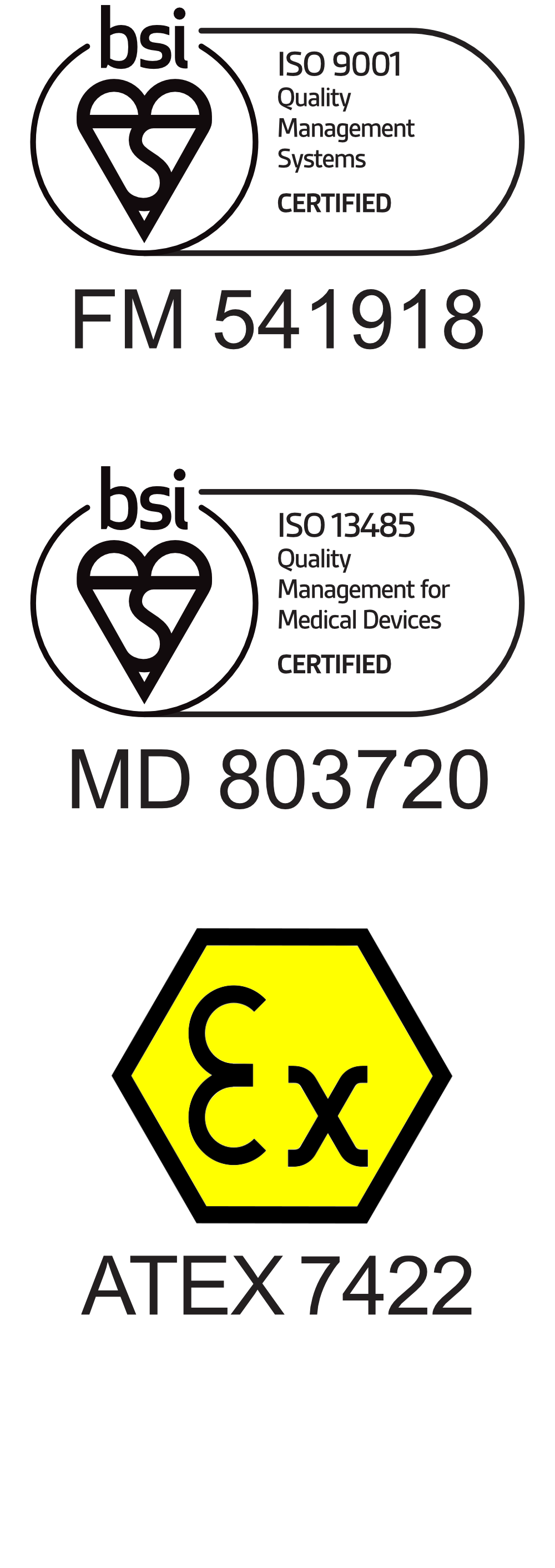Emego, an EMG medical device set to change the way people switch
GSPK Design have completed work on a brand new medical device that will help people with severe disabilities communicate using software through their computer.
Emego, uses electromyography (EMG) sensing technology to pick up a users muscle movements. These movements, no matter how small, are then turned into a switch to allow the user to use their computer for switch access control. The Emego is set to reduce time for carers and save the NHS money as the user will be able to communicate much more effectively with the assistive switch.
People who have suffered from traumatic brain injuries or have diseases such as motor neuron disease (MND) will be able to use the Emego to it’s full capabilities. It’s small, lightweight and body worn ensuring an easy set up and calibration with any working muscle on the body no matter how small the muscle moves.
GSPK Design have worked for over 3 years on this device and it has brought significant growth to the company with its new accreditation on iso13485:2016, the design and manufacture of medical devices. This allows GSPK Design to work on projects more related to the medical field and continue to create designs that have the GSPK Design seal of approval, meeting robust, quality and usability standards.
You can read more about the Emego in the official press release below:
Brand new Assistive Technology Switch gives people with severe disabilities the ability to control communication software with a twitch of a muscle.
A brand new sophisticated piece of assistive technology hardware is now available to people in the UK with severe disabilities. The Emego, a class 1 medical device, accurately detects even the smallest signal from a user’s movements using electromyography (EMG) technology enabling them to interact with their environment. Attaching the small and light body-worn patient unit to any muscle enables the user to control accessibility and environmental control software simply by twitching their working muscle group.
The Emego is intended for people with severe neurological disorders such as those who have motor neurone disease (MND) or acute brain injuries. People with these diseases or injuries suffer from muscle weakening which makes it harder for them to communicate using existing assistive technology switches already on the market. Emego aims to fill in this gap by being an alternative switch option as it can pick up even the slightest of muscle movements with very high accuracy.
Emego is set to replace existing unreliable switches and in some cases provide access to people who have had no way of switching at all, due to the nature of their injury or disease. This enables their independence and will enhance their long-term care. The Emego patient unit picks up the EMG signal and wirelessly transmits this to the base unit which converts the signal into a switch. This can then be used, for example, as a mouse click which can then be used in communication software similar to what 2018 Britain’s Got Talent winner, Lee Ridley, aka The Lost Voice Guy used in his recent performances.
North Yorkshire based Electronic design and manufacturing firm, GSPK Design, designed and manufactured the Emego switch entirely in the UK creating opportunities for growth and job security. Managing Director, Paul Marsh is enthusiastic about the release of the Emego, “There are currently about 13,000 people in the UK, who have no access or very limited access due to brain stem stroke injuries, or disease. We aim to give these people hope of a brighter future, and more importantly the ability to communicate by interfacing our technology with existing AAC and EC equipment. Once we have proven acceptability and reliability in the UK, we intend to go worldwide. It’s exciting times for the company as we have a host of ideas to build on the back of this technology. The Emego is an early step into the market of Electronic Assistive Technology.”
GSPK Design worked in partnership with The Assistive Technology Team at Barnsley Hospital, The Centre for Assistive Technology & Connected Healthcare (CATCH) at the University of Sheffield and the NIHR Devices for Dignity Medtech Co-operative (D4D MIC) for over three years to get the Emego to market. The whole project was commissioned and funded by the SBRI Healthcare programme. SBRI Healthcare is an NHS England initiative, championed by the Academic Health Science Networks (AHSNs). At the start of the Emego’s journey a callout, led by experts in the medical sector, were looking for innovative technologies that solve unmet needs and provide a potential value to the patients as well as the health service.
Initial sales of the Emego are proving strong and assistive technology centres around the UK are lining up to see how they can utilise this switch within their existing equipment. Clinical Scientist & Research Fellow at CATCH, Aejaz Zahid, who is leading a clinical trial had this to say, “As part of an NHS study, we have been evaluating the Emego with a number of highly challenging cases; individuals for whom other Assistive Technology access methods have become extremely difficult or impossible. Having used most other EMG systems that have been commercially available in the past, we find the Emego to offer numerous advantages. It is wireless, dry contact, easy to maintain on a daily basis, does not require a computer for operation and once an appropriate switch location has been identified, the Emego is relatively quick and straightforward to set up for caregivers.”
You can find out how to purchase or receive a free demo of the Emego and more through their website: www.emego.co.uk
